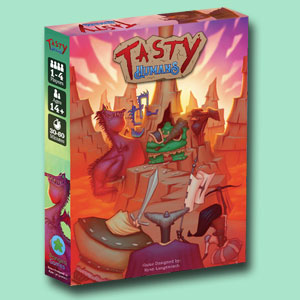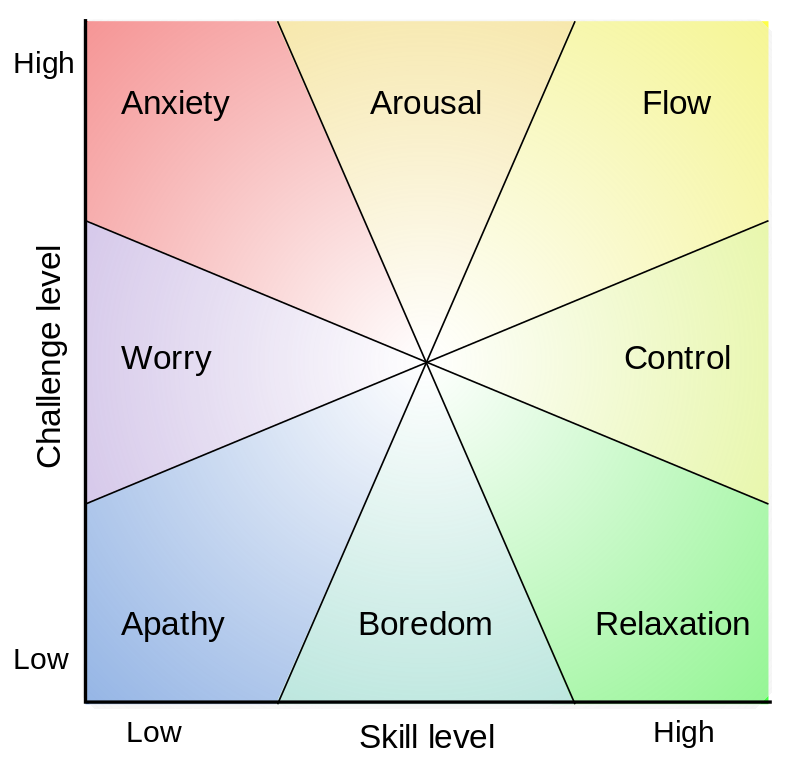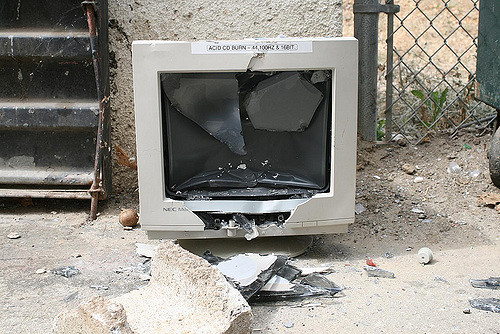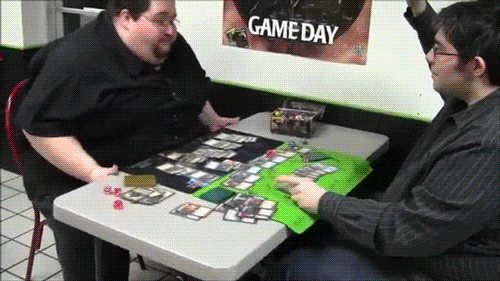Achieve Your New Year’s Resolutions by Removing Small Obstacles
We all have a tendency to make mountains out of molehills sometimes. The biggest killers of productivity are, at their core, really simple, such as noise, interruptions, and temptations of the Internet. After all, what destroys perfectly good new year’s resolutions are usually flashy events or crises.
It’s tempting to ask “how to I become more motivated” or “why am I so lazy?” They’re big, abstract, complex questions with no clear answer. Though they’re good questions to start with, they can quickly become misdirects that siphon your attention away from more specific issues.

Need help on your board game?
Looking for more resources to help you on your board game design journey?
Think of one simple thing that kills your motivation to accomplish one goal. Just one thing for one goal.
I like to cook my own meals, because it’s healthier and cheaper. However, cooking can be a time-intensive task. With a full-time job and a side business, standing at the stove for two hours to make something is a really unattractive prospect. The solution for me was simple: spend $20 on a crockpot.
If you’re trying to create a game, but the noisiness of your home stops you from fully realizing your creative talents, don’t train yourself to work with noise. Close the door instead.
Sometimes the “small obstacle” that you need to remove is the fear of starting. It’s intimidating to look at a blank page, with no clear idea of what to write. If that’s the case, just start. Write one sentence.
Small Steps for the 5 Most Common New Year’s Resolutions
Since I’m updating this old post for the new year (2021), I want to take the most common new year’s resolutions and talk about how you can take a tiny, but nevertheless important and concrete, step in the right direction. Remember: this is just about getting started and building momentum.
Lose weight
This is a tough one, and I’m not a dietician. Obviously, what’s right for your body is going to be different than what’s right for mine.
I’ll go out on a limb here and say that odds are, you have at least one thing you eat that you know you shouldn’t. Before committing to restrictive calorie counting, a rigorous exercise routine, or an elimination diet such as keto, why not just cut back your intake of that one guilty pleasure?
It’s a quick win and if you need to do more, you can always do more. Sometimes the important thing is just building momentum! I’ve personally found its easier to lose weight when focusing on my actions and not the number on the scale, which cruelly fluctuates by as much as 5 pounds in a day.
Improve your finances
Some folks say “oh crap, I’m spending too much money” and then implement a tight budget. Then they lose steam quickly after two ascetic weeks of no purchases.
Why not instead focus on getting visibility into your whole financial situation? I recommend getting setting up with software like Mint or Personal Capital so you can see and really understand your situation, instead of being worried about it abstractly.
Exercise
This one’s actually pretty easy! Start by doing just ten minutes of any cardio you can stand everyday, be it running, walking, rowing, or something else. Or, if you’re looking to build muscle, start with some simple bodyweight exercises instead of pulling out the 45 pound plates.
Get a new job
Are you in a really bad job right now and need to take anything else? If so, the first step is easy: find any open job and apply. Just apply to one job everyday for starters.
If you’re looking to move up as a professional, then your first step is a different one. I say treat it like you’re buying a house: be really clear about your criteria. Think about where you want to work, how much money you expect to make, and the responsibilities you expect to take on. Come up with a basic list of “must-haves” and “nice-to-haves.”
Eat healthier
Eating healthier is a vague and broad goal, so start by doing something simple. Replace one food that you think of as unhealthy with one you think of as healthy. For example, replace potato chips with apples.
Creating an Upward Spiral
Removing small obstacles won’t rocket you to greatness, but it will get you started. Getting started is the most important thing. The things that hold us back from getting started are usually very simple. We create narratives around our heads that make our obstacles seem complex. The tiniest removed obstacle can start you on the right path.
Once you get one small obstacle removed, you’ll feel good about it. Then you might just get your goal accomplished. You’ll feel good about that, too. You’ll be more likely to remove another small obstacle, and then accomplish another goal. Step by step, you’re building a habit. You’re creating a positive feedback loop. It’s almost like a hack for your mind. It’s freaky how well it works.
Remove one tiny obstacle today. You’ll be glad you did.









